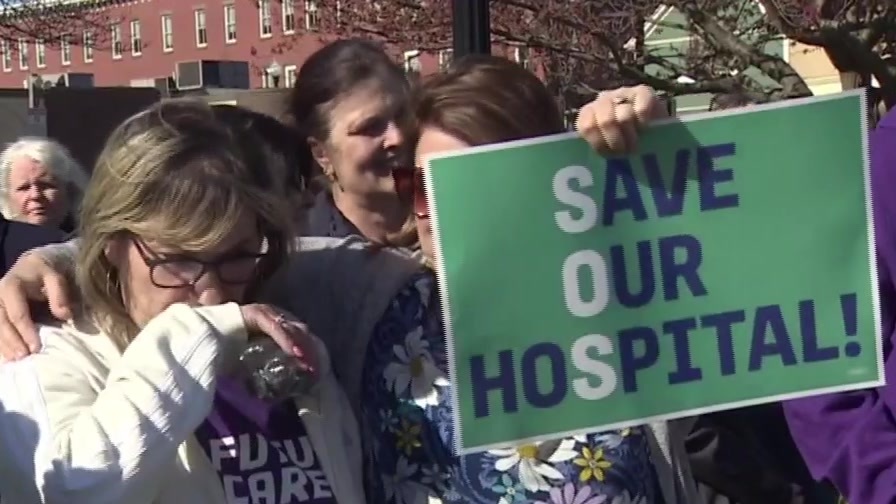The growing population of elderly people worldwide poses a significant challenge to healthcare systems. By 2030, one in six people will be over 60 years old, and by 2050, there will be an estimated 2.1 billion people over 60. As the population ages, the elderly face various health risks due to natural aging processes such as decline in muscle mass, immune function, and overall health.
The burden of an aging population is becoming more significant. Countries like Vietnam are currently experiencing rapid aging, with the number of elderly people expected to increase significantly in the coming years. During the Covid-19 pandemic, the elderly have been particularly vulnerable to infection and have had more severe symptoms. Chronic diseases make routine illnesses more dangerous for older adults, leading to a lower quality of life and decreased years of healthy living.
However, vaccination rates among adults are still low in many countries. Research shows that vaccinating adults and the elderly can lead to significant cost savings and prevent millions of deaths. Vaccination is a cost-effective intervention that can save lives and prevent severe illnesses. Governments need to prioritize vaccination for the elderly as part of their healthcare policies and allocate sufficient resources to support vaccination programs.
In conclusion, vaccination for the elderly is crucial in reducing the burden of infectious diseases and improving the overall health and well-being of aging populations. It is a cost-effective intervention that can save lives and prevent severe illnesses. Governments and healthcare systems must prioritize adult vaccination to ensure a healthy aging population and a sustainable healthcare system for the future.
To address this issue, governments need to take proactive measures to increase vaccination rates among adults by providing accurate information on vaccine safety and efficacy, removing barriers to accessing vaccines such as high costs or lack of transportation, and making vaccines more widely available through community outreach programs.
Vaccinations have been proven effective in preventing severe diseases such as measles, polio, hepatitis B, pneumonia, shingles, chickenpox, influenza A (H1N1), human papillomavirus (HPV), herpes zoster (shingles), tetanus diphtheria pertussis (Tdap), hepatitis A (Hep A), rotavirus diarrhea caused by rotavirus virus group A (RVA) infection., varicella-zoster virus infection., meningococcal meningitis caused by Neisseria meningitidis serotype C or W135/Y strain., HPV vaccine for prevention of cervical cancer., measles vaccine for prevention of measles infection., polio vaccine for prevention of poliomyelitis or paralysis caused by poliovirus infection., influenza vaccine for prevention of influenza A(H1N1)pdm2009 infection., human papillomavirus vaccine for prevention of cervical cancer caused by high-risk human papillomavirus types 16 or 18.
In addition to these benefits,
adults who receive flu shots experience fewer hospitalizations from flu than those who do not receive flu shots.
adults who receive pneumonia shots experience fewer hospitalizations from pneumonia than those who do not receive pneumonia shots.
adults who receive shingles shots experience fewer hospitalizations from shingles than those who do not receive shingles shots.
adults who receive Tdap shots experience fewer hospitalizations from tetanus than those who do not receive Tdap shots.



